A vida de
um cinéfilo muitas vezes se resume a sempre tentar completar algum tipo de
lista. Pode será lista da AFI dos melhores filmes feitos nos EUA, ou a lista da Sight and Sound dos melhores filmes de todos os tempos. Quantos nós já vimos de
cada lista? E o mais importante: quanto ainda falta para completar cada lista?
The life of a film lover is the life
of someone who is always trying to complete some kind of list. It may be
the AFI list of the best American movies, or the Sight and Sound list of best
films ever made. How many have we already watched from each list? And more
important: how many is left for us to complete each list?
Por isso,
como parte de um desafio, eu decidi dar uma olhada na lista do site “They Shoot Pictures Don’t They?”, com os mil melhores filmes e escolher o filme com melhor
posição no ranking que eu ainda não tenha visto e dar uma chance a ele. O
escolhido foi “A Regra do Jogo”, filme francês de 1939, que está na quarta
posição na lista de melhores filmes.
So, as I felt
challenged, I decided to see the “They Shoot Pictures Don't They?” list of 1000 greatest films and pick the highest-ranked film from the list I hadn't seen to
give it a chance. The chosen film was then “The Rules of the Game”, or “La
Règle du jeu” in its original French, from 1939, ranked fourth on the list of
best films.
São muitos
os convidados para uma caça ao coelho e ao faisão e a um baile à fantasia no La
Colinière, o castelo que pertence a Christine (Nora Gregor) e Robert de La Cheyniest
(Marcel Dalio). Entre os convidados estão André Jurieux (Roland Toutain), que
acabara de cruzar, sozinho, o oceano Atlântico em tempo recorde; a amante de
Robert, Geneviève (Mila Parély); o amigo de infância de Christina e melhor
amigo de André, Octave (interpretado pelo próprio diretor Jean Renoir); e
muitos outros.
Lots of
people are invited to a rabbit and pheasant hunt and a masquerade at La
Colinière, the castle that belongs to Christine (Nora Gregor) and Robert de la
Cheyniest (Marcel Dalio). Among the guests there are André Jurieux (Roland
Toutain), who has just crossed, all alone, the Atlantic by plane in record
time; Robert's lover, Geneviève (Mila Parély); Christine's childhood friend and
André's best friend, Octave (director Jean Renoir himself); and many more.
O poeta
brasileiro Carlos Drummond de Andrade escreveu um poema em 1930 chamado “Quadrilha”,
em que ele descreve os muitos amores de um grupo de pessoas. Temos algo similar
em “A Regra do Jogo”: André ama Christine, que ama André e Robert, que ama
Geneviève mas quer terminar o caso. Todos estão tendo casos extraconjugais, e
estes casos não são segredo para ninguém.
Brazilian
poet Carlos Drummond de Andrade wrote a poem in 1930 called “Quadrilha”, in which he describes the many
loves of a group of people. We have something similar here in “The Rules of the
Game”: André loves Christine, who loves both him and Robert, who loves Geneviève
but wants to end the affair. Everybody is making whoopee, as the slang of the
time went, and the affairs were no
secret for anybody.
Eles não
estão apenas cientes das traições mas também dispostos a socializar com os
amantes dos parceiros e compartilhar com eles reclamações. Esta é a alta
sociedade. A classe baixa, por outro lado, não lida tão bem com as traições.
Sim, trair é o que aproxima a alta sociedade de seus empregados, mas a reação à
traição é muito diferente.
They are not
only aware of all the cheating but also willing to mingle with their partners'
lovers and share pet peeves. This is high society. The lower class, on the
other hand, doesn't deal so well with cheating. Yes, cheating is what
approximates high society and their servants, but the reaction to cheating is
so different.
Tome como
exemplo Lisette (Paulette Dubost), empregada de Christine. Ela fica o tempo
todo em Paris e está acostumada aos hábitos da alta sociedade. Seu marido,
Edouard Schumacher (Gaston Modot), trabalha no castelo no campo, e tem outra
visão sobre o assunto. Ele não vê o adultério como algo normal, e fica furioso
quanto Lisette flerta e beija outros homens – mas isso não a impede de
continuar flertando. Como diz Lisette: “Quando é só por diversão, isso (a traição)
não importa”.
Take for
example Lisette (Paulette Dubost), Christine's servant. She spends all her time
in Paris and is used to the habits of high society. Her husband, Edouard
Schumacher (Gaston Modot), works in the castle on the countryside, and has
another approach. He doesn't see adultery as something normal, and gets mad
whenever Lisette flirts with and kisses other men – but his anger doesn't stop
her. As Lisette says: “When it's just for fun, it (cheating) doesn't matter”.
Octave,
interpretado pelo próprio Jean Renoir, é quem faz a ligação entre todos os
personagens, mantendo boas relações tanto com a alta sociedade quanto com os
empregados – ele também serve de alívio cômico em algumas ocasiões. E é ele
quem diz: “Hoje todo mundo mente. O rádio, o cinema...” Irônico colocar estas palavras
na boca do diretor.
Octave,
played by Jean Renoir himself, is the one who makes a connection between all
characters, being friendly with both the high society and the servants – he
also serves as comic relief in some
occasions. And he's the one who utters the line: “today everybody lies. The
radio, the cinema...” It’s ironic that these words come from the director’s
mouth.
O
subtítulo de “A Regra do Jogo” é “uma fantasia dramática de Jean Renoir”. De
fato, o filme não é uma comédia – embora tenha momentos divertidos, quando se
aproxima de uma farsa – e é uma grande crítica da hipocrisia na sociedade
francesa. Mesmo com toda a sujeira acontecendo, – incluindo as traições e as
brigas causadas pelas traições – a alta sociedade tem de parecer respeitável e
indiferente, por isso traídos e traidores precisam fingir que são bons amigos,
como se nada estivesse acontecendo e como se nada fosse um problema para eles –
você entenderá quando ver o final do filme.
The subtitle
of “The Rules of the Game” is “a dramatic fantasy by Jean Renoir”. Indeed, the
film is not a comedy – although it has funny moments, becoming next to a farce
– and it is a huge critic of the hypocrisy in French society. Even with all the
dirt going on – that includes both the cheatings and the fights caused by the
cheatings – high society has to look respectable and aloof, so cheaters and
victims of cheating have to treat each other as good friends, as if nothing is
happening and as if nothing could be a problem for them – you’ll understand
when you see the ending of the film.
Tal filme
não poderia ter sido feito nos EUA por causa da censura e do código Hays, e “A
Regra do Jogo” não foi bem recebida na França, tendo mau desempenho na
bilheteria e gerando protestos. E, quando a Alemanha nazista invadiu a França, “A
Regra do Jogo” foi banida permanentemente por ser considerado um filme imoral.
Such a film
couldn't be made in the US because of censorship and the Hays Code, and it
wasn't well-received in France either, where it had a poor box-office
performance and was the source of protests. And, when Nazi German invaded
France, “The Rules of the Game” was permanently banned because it was
considered an immoral film.
Um diálogo
representa perfeitamente esta sociedade culturalmente ignorante. Uma das
convidadas pergunta à sobrinha de Christine, Jackie (Anne Mayen), o que
exatamente é essa tal arte pré-colombiana que a menina estuda na faculdade.
Quando ela responde “É a civilização americana antes da chegada de Colombo”, a
mulher reage com: “oh, pretos!” Jackie precisa ser mais clara: “Não, índios”,
ao que a mulher mais uma vez reage com “Como eu fui boba! Buffalo Bill!” Elas
partem em direções opostas, a mulher muito feliz, e Jackie resignada com a
conversa estúpida.
One dialogue
represents perfectly satirizes this culturally ignorant high society. One of
the guests asks Christine's niece, Jackie (Anne Mayen), what exactly is this
pre-Colombian art the girl is studying at college. When she answers “It's the
American civilization before Columbus's arrival”, the woman reacts: “oh,
negroes!” Jackie has to make it clear: “No, Indians”, to which the woman once
again reacts: “How silly I am! Buffalo Bill!” They go on opposite sides, the woman
very happy, Jackie resigned with the stupid conversation.
Mais do
que tudo, “A Regra do Jogo” é produto da imaginação e visão de Renoir sobre a
sociedade francesa. Tudo era muito óbvio para ele. Por exemplo: a própria Nora
Gregor tinha uma história semelhante à de Christine: ela se tornou amante de um
homem casado, o vice-chanceler da Áustria, em meados dos anos 30 e teve um
filho com ele. Eles acabaram se casando, e quando ela filmou “A Regra do Jogo”
já sabia bem o que era ter uma experiência com traição.
More than
anything, “The Rules of the Game” is the product of Renoir’s imagination and
vision about French society. Everything was too obvious to him. For example:
Nora Gregor herself had a story similar to Christine’s: she became the lover of
a married man, the vice chancellor of Austria, in the mid-1930s and had a child
with him. They were eventually married, and when she shot “The Rules of the
Game” she already knew well the cheating experience.
O filme
merece estar um uma posição tão alta numa lista dos melhores filmes já feitos?
Certamente. Reassistindo-o poderei apreciar por completo sua genialidade, mas
já vejo a técnica empregada e a crítica necessária que foi feita: elas podem
não estar escritas nem ser comentadas, mas uma vez que você aceita começar a
vida sexual, você já aceitou a regra do jogo.
Does the film
deserve to be so high in a list of best films ever made? Certainly. With more
viewing I’ll be able to fully appreciate its genius, but I see that technique
used to make the film, and also the necessary critic it makes: they may be
unwritten and unspoken, but once you agree to start mating, you have agreed
with the rules of the game.
This is my
contribution to The Greatest Film I’ve Never Seen blogathon, hosted by Debbie
at Moon in Gemini.

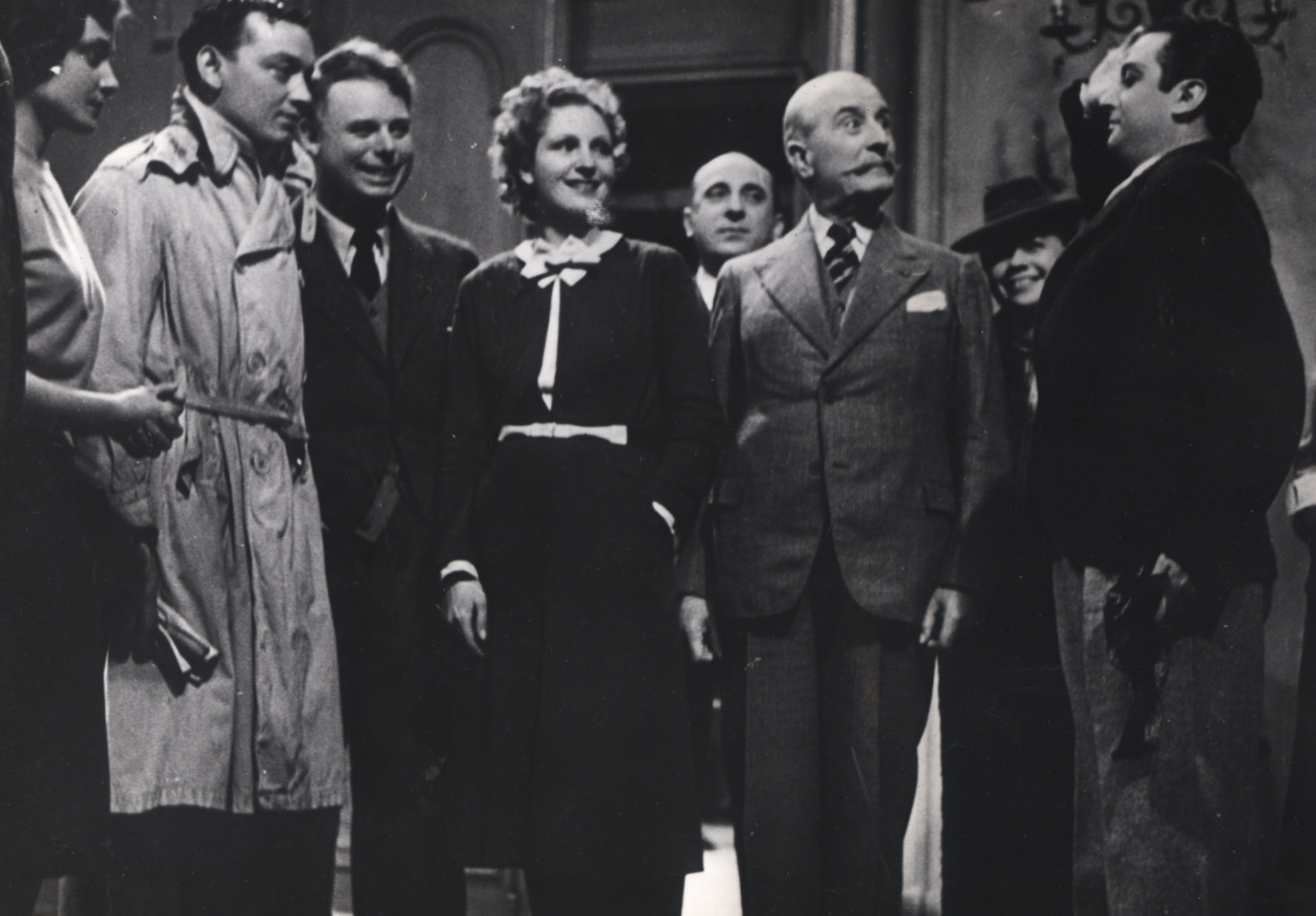
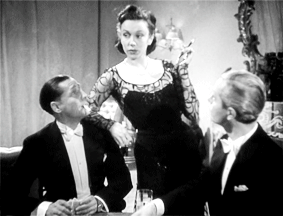
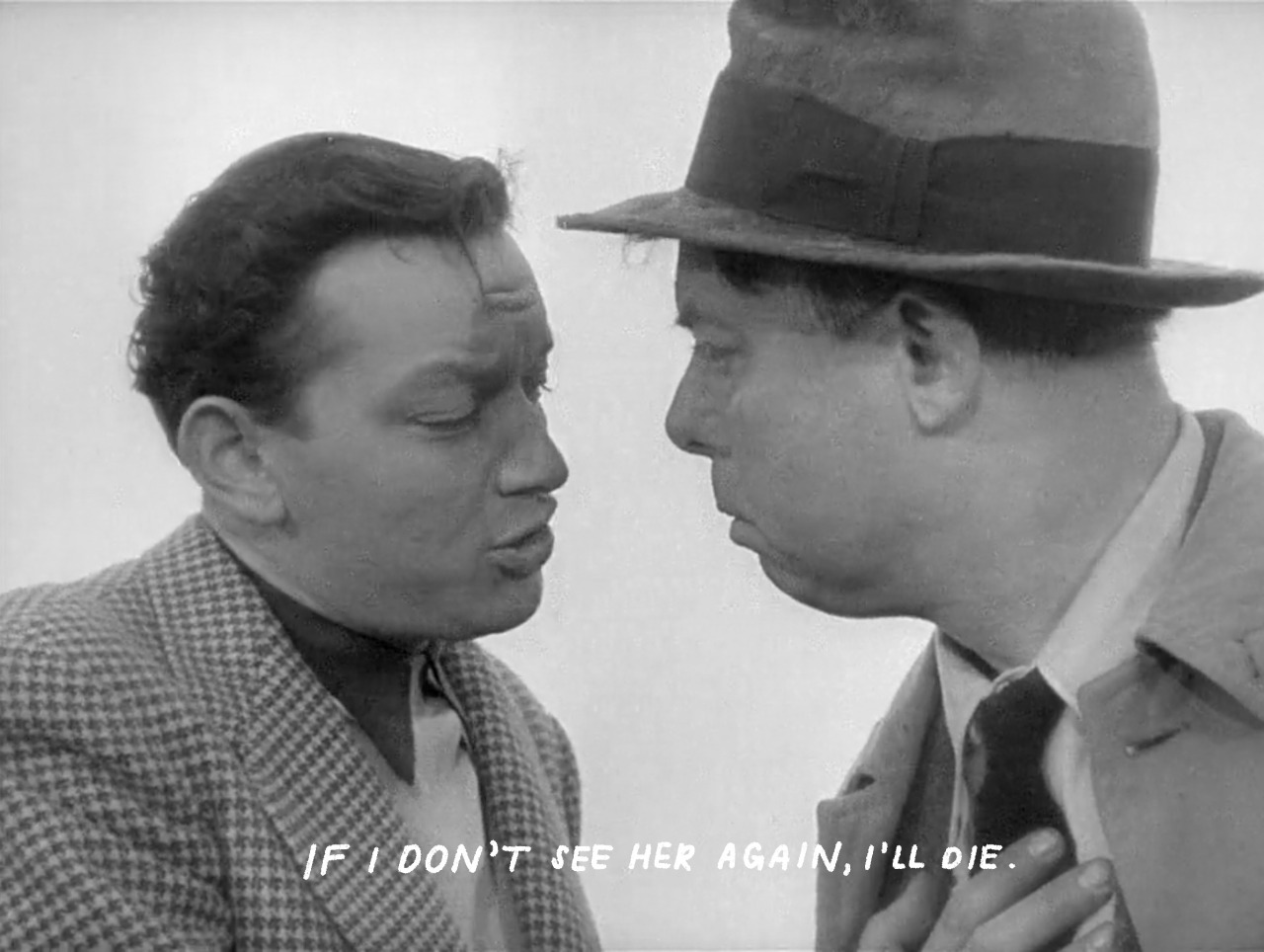
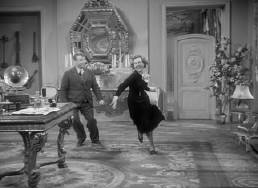
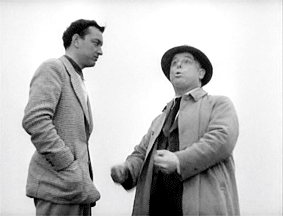
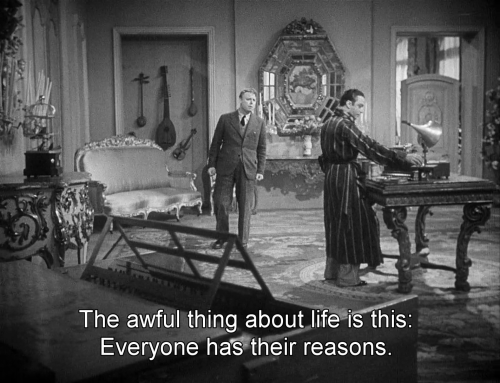
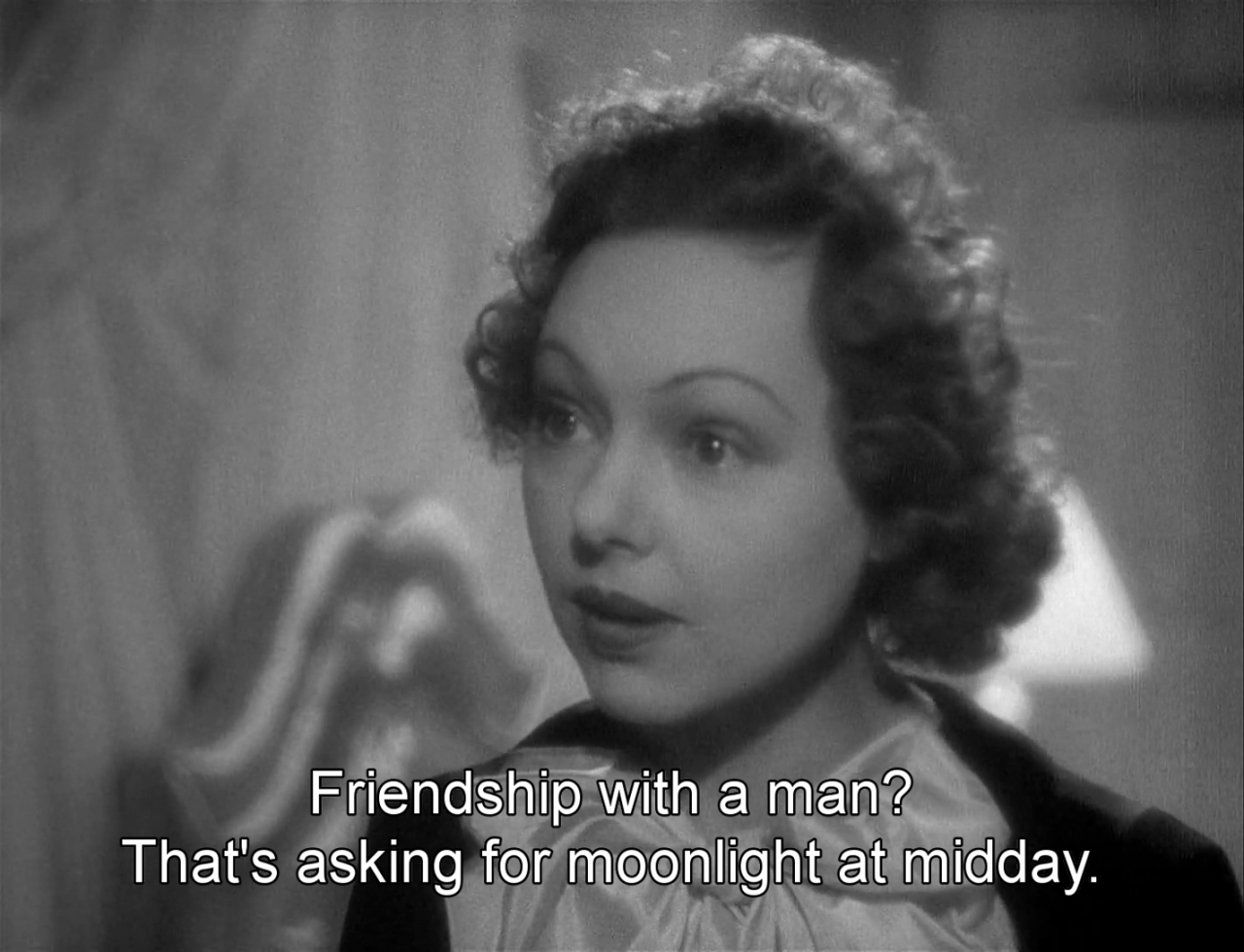
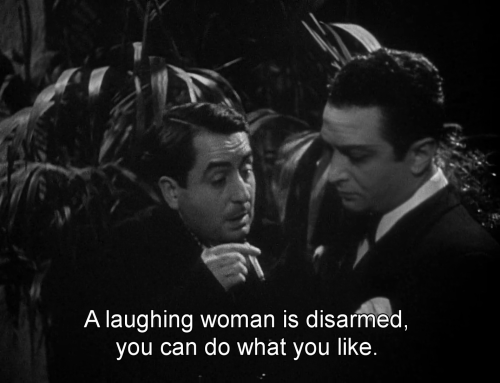
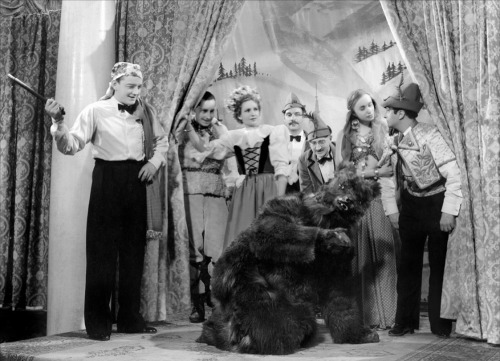
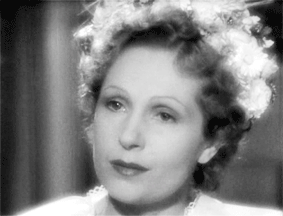
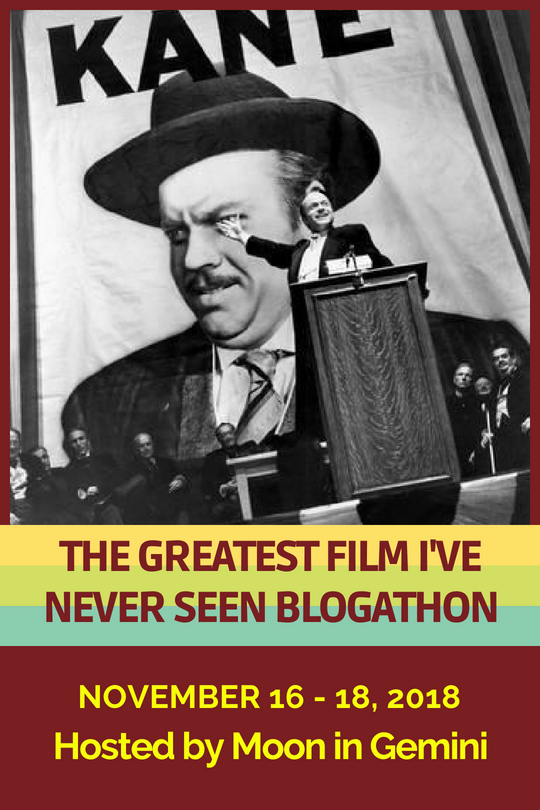
2 comments:
Excellent choice and review. I have this film moving up my "why haven't I seen this yet" list and appreciate your critique which will certainly inform my viewing.
I love this movie. It's been a long time since I've seen it and your review makes me want to see it again.
Thanks so much for contributing to the blogathon!
Post a Comment